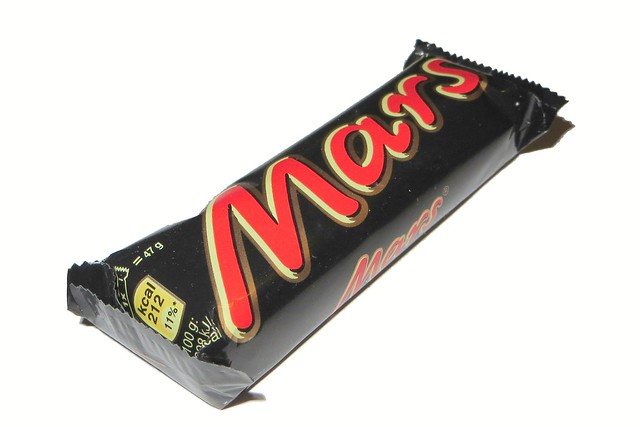
A good friend of mine got chastised for using a split infinitive in one of his comments at a board meeting.
I admit to silently correcting grammar, but I would NEVER rebuke someone in a public setting! How tacky. It’s stuff like this that gives the grammar conscious a bad rep.
Besides being appalled at my friend’s predicament, I also was curious. What is a split infinitive anyway? I figured a word nerd should know this.
For the answer, I turned to one of my favorite podcasts, Grammar Girl, hosted by Mignon Fogarty as well as my desktop reference, Grammatically Correct.
First you must know what an infinitive is. If you’ve tried to learn Spanish, I bet you know this. The infinitive is the unchanged form of a verb, and in English there are two forms:
- Bare infinitives, like
- eat
- sleep
- fly
- Full infinitives, like
- to write
- to read
- to illustrate
When a writer or speaker puts another word, often an adverb, between the two parts of the full infinitive, he splits the infinitive. An often cited example comes from Star Trek:
To boldly go where no man has gone before
See how the boldly jumps in between “to” and “go”? There’s the split infinitive. Here are some more examples:
- It’s in our best interest to avidly pursue this financial goal.
- Sara opted to blindly follow her heart and not the warnings of her conscience.
Since the Victorian Age language experts have advised against splitting infinitives: one can’t split infinitives in Latin, so one shouldn’t split them in English. (Note: one can’t split an infinitive in Latin because it’s usually ONE WORD.) The rule against split infinitives is a classic example of an old rule that sticks “just because” it always has.
 Check out Grammar Girl’s post and the comments that follow, and you’ll see that even in the 21st century, people have passionate opinions about the placement of verbs and adverbs. (Have you ever heard that an adverb should always come after a verb?)
Check out Grammar Girl’s post and the comments that follow, and you’ll see that even in the 21st century, people have passionate opinions about the placement of verbs and adverbs. (Have you ever heard that an adverb should always come after a verb?)
Both Grammatically Correct and Grammar Girl advise against splitting infinitives in formal writing if you’re concerned about offending an editor or other important figure. However, for modern writers and speakers, the most important consideration should be flow. If rewriting a sentence to avoid a split infinitive makes the phrasing awkward and clunky, then split away!
Word Nerd Workout
First, find the split infinitive I’ve used in this blog post. Second, write your own sentence with a split infinitive, and then a rewrite without it. Which sounds better?
My example:
- It’s in our best interest to avidly pursue this financial goal.
- It’s in our best interest to pursue avidly this financial goal. (Yuck!)
- It’s in our best interest to pursue this financial goal avidly. (Maybe?)
I still like the first option the best.
If you like to dive deep into grammar discussions, check out the Grammar Girl podcast. I thought I knew grammar until I started listening. Each information packed episode lasts about ten minutes.
Julia










